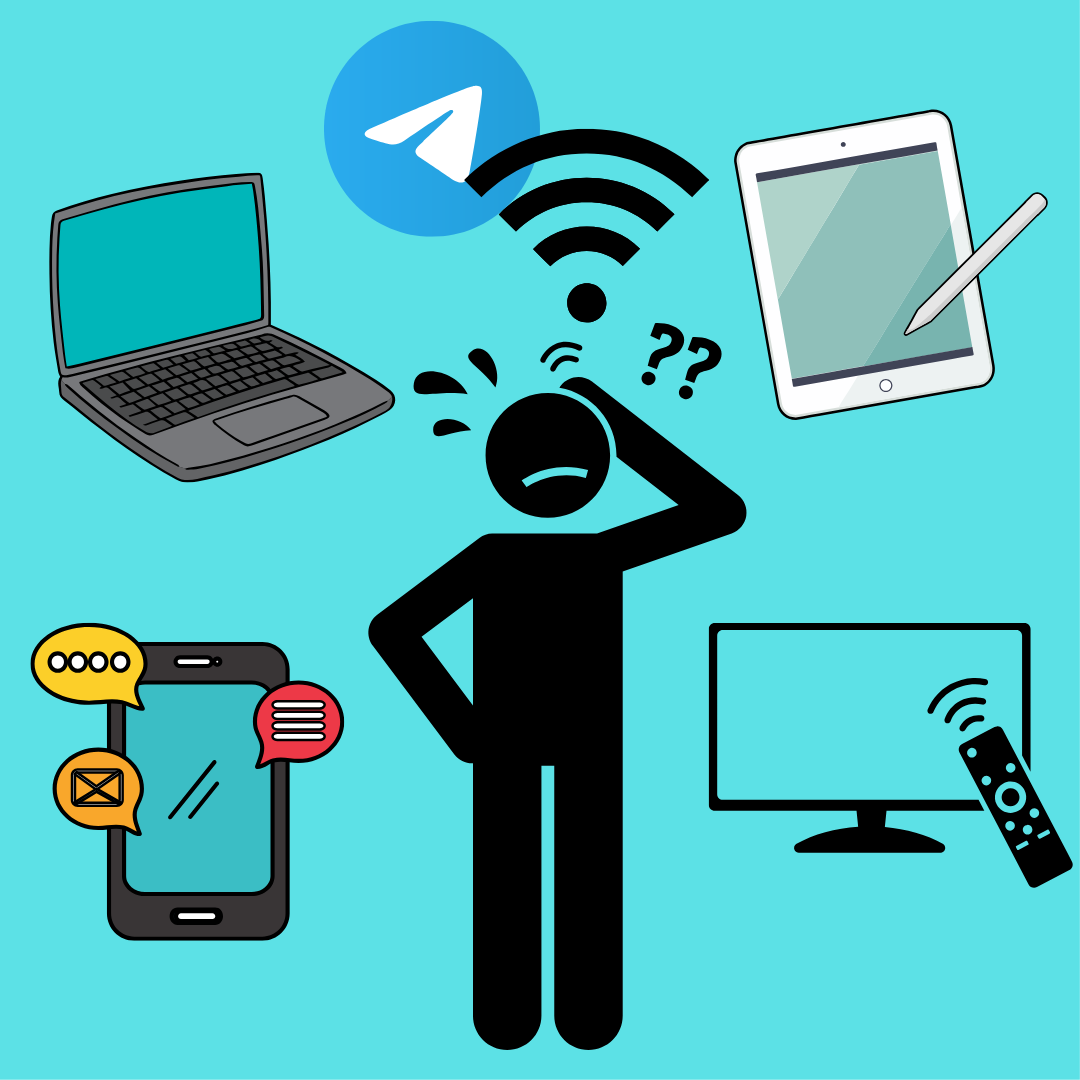On Oct. 18, more than seven million demonstrators marched in “No Kings” rallies across the nation in protest of the current administration’s abuse of federal power. The rallies served as a nonviolent means of combatting injustice, drawing mass media attention and reaching a far larger audience than those present at the protests.
The constitutional right to protest serves as a cornerstone for the function and effectiveness of a democracy. By organizing around a common goal, protesters can make their concerns visible to their local communities and those legislating on their behalf. Although protests are sometimes criticized for not producing immediate results, they are responsible for highlighting societal injustice when it otherwise goes ignored, making them essential in protecting the rights and freedom of all Americans. In short, they provide communities with visibility.
Protest movements have served as catalysts for social change in the United States for decades, with both the civil rights and suffrage movements using a variety of methods to further their respective causes. In 1913, suffragettes marched in Washington, D.C., prior to the presidential inauguration of Woodrow Wilson, bringing women’s rights to the forefront of media coverage for several weeks and demonstrating the power of women’s voices in politics.
In 1965, the Rev. Martin Luther King Jr., Ph.D., alongside as many as 25,000 protesters, marched roughly 50 miles from Selma, Alabama, to the state’s capital, Montgomery, in objection to legislation preventing Black Americans from voting. The protests spurred political discourse and directly influenced policy reformation, ultimately leading to the passage of The Voting Rights Act of 1965 several months after the march.
Today, protest movements hold as much importance as they did throughout our nation’s history. It is through unity and organization of the masses that leaders begin to take concerns seriously, making participation in protests fundamental in influencing social and political change. Even without immediate results, political demonstrations remain essential in upholding the foundational ideals and principles of our democracy; those which would surely dissipate if the nation declined to protest.
Our system’s checks and balances cannot realistically fully function by themselves; they require constant public accountability to protect our democracy. It’s important to remember it’s a privilege that anyone, regardless of their beliefs, is able to make their voice heard, which is a core principle of democracy that should not be disregarded. Exercising your fundamental right is always valuable, even if it takes a while to see change. Protest is the catalyst for the change we fight to one day see.

















































